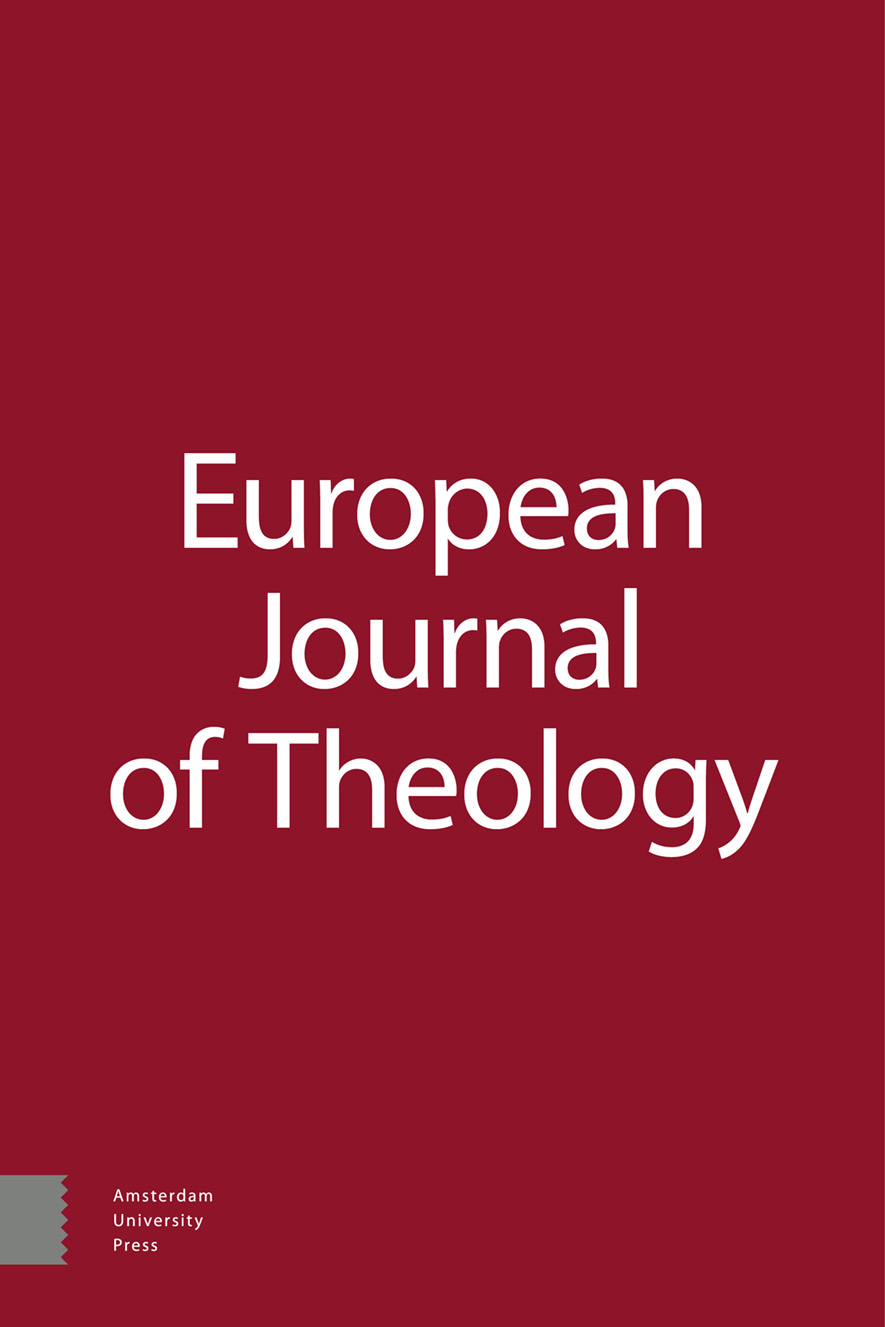-
oa Theodicy as Trajectory: Towards Co-Conquest for Righteousness
- Amsterdam University Press
- Source: European Journal of Theology, Volume 32, Issue 1, Apr 2023, p. 79 - 98
-
- 01 Apr 2023
Abstract
This article develops some insights of the apostle Paul and Peter T. Forsyth on a teleological approach to a theodicy. Paul claims that God causes some human suffering in order that people overcome it by enduring and conquering it. This conquering relies on humans choosing lives that hope for and collaborate with divine compassionate righteousness. The article shows what a theodicy looks like given this Pauline position. As an effort to justify God’s treatment of suffering, evil and delayed rescue of humans in the world, a theodicy raises a twofold issue: Does God have good reasons to allow the suffering and the evil that exist; and if so, do humans have access to those reasons? The article considers a God worthy of worship who aims to cultivate compassionate righteousness in humans, using suffering and evil but not coercion of human wills towards him. Theodicy can succeed in this context as God can give meaning to, and a final righteous co-conquest of, suffering and evil.


